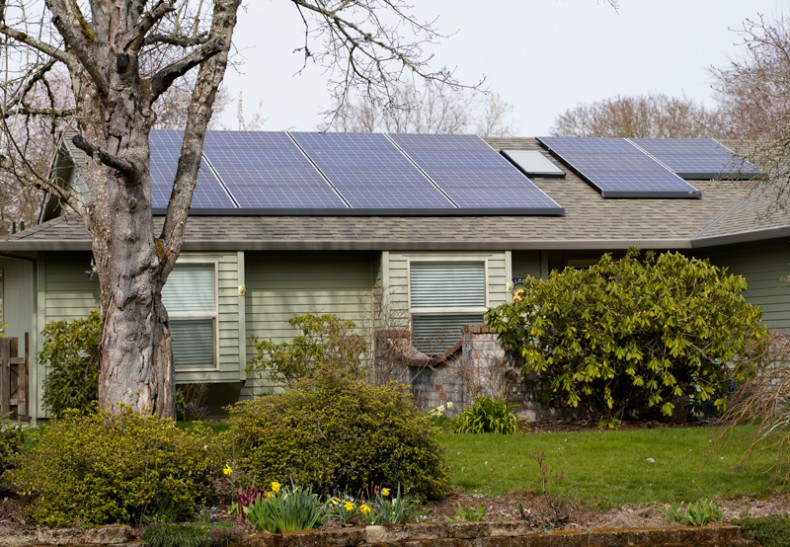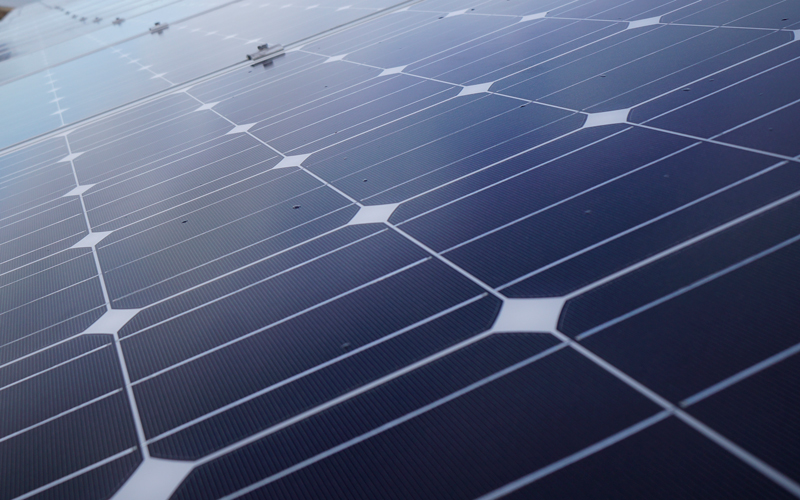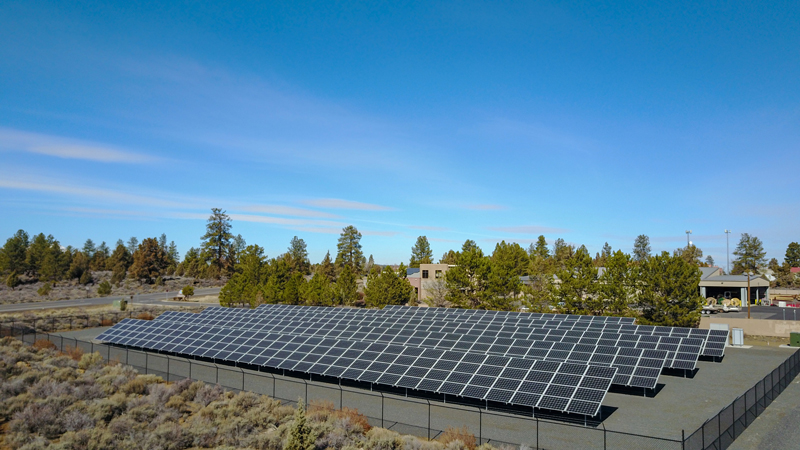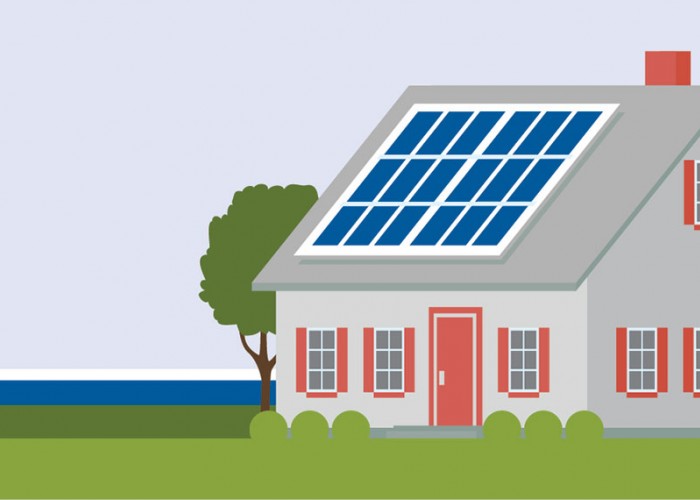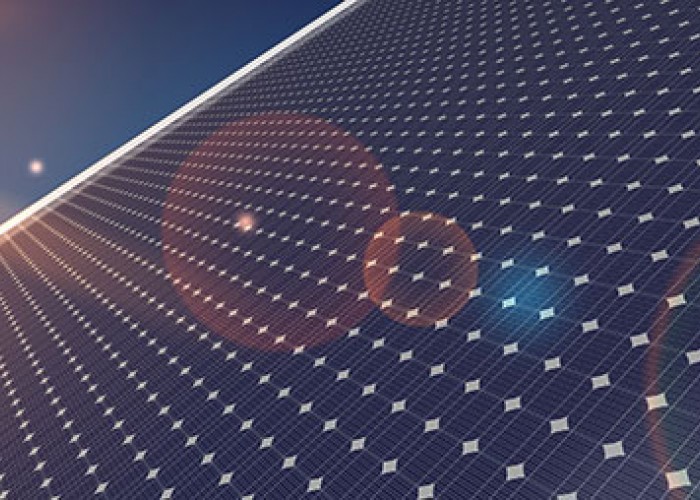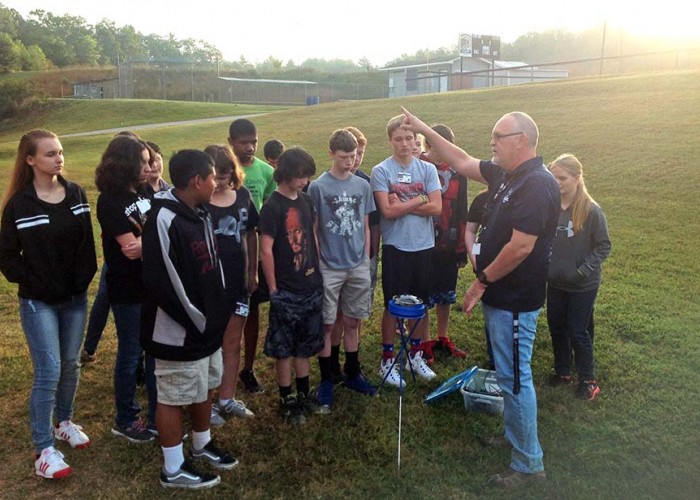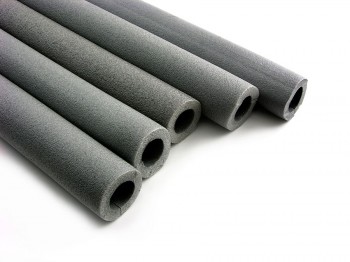What You Need to Know Before Going Solar
Work with your co-op to make the right choice
By Miranda BoutelleMike Teegarden
When I tell people I work in energy efficiency, one of the first responses I hear is, “Oh, I’m thinking about getting solar installed on my house.” I hear it around campfires, meeting other parents at the park and on the ride to the airport. Most people don’t realize solar is not energy efficiency. My follow-up question is, “What are your motivations for installing solar?”
Energy efficiency is finding ways to use less energy. Solar is generating energy. I can see the association because both are thought of as beneficial to the environment and a way to save money.
In my experience, people are motivated by saving money, concern for the environment or both. Focusing first on energy efficiency addresses both motivations. Here are some considerations if you are interested in installing solar.
Energy consumption
Solar systems are sized based on a home’s energy needs. The larger the system, the higher the cost. Before installing solar, make sure your home is as energy efficient as possible. That means it will use less energy and allow you to install a smaller solar system — which will save money and reduce your home’s environmental impact.
Verify the efficiency of your lighting, HVAC systems and insulation. A fully insulated and air-sealed home uses less energy, and those measures are less expensive than solar panels. Finish these energy efficiency projects before installing solar.
Affordability
Consider your overall out-of-pocket expenses. The expected lifespan of a heating and cooling system is 15 to 25 years. Check the age and condition of your HVAC equipment and consider the expenses of replacement. If something happens, will you be able to afford to fix or replace it?
Roofing
Consider the age, orientation and shade of your roof. It is more difficult — and expensive — to reroof a home with solar panels. Will the roof need to be replaced before the solar panels need to be replaced?
The best orientation for solar panels is south facing to receive direct light throughout the day. A shaded roof helps keep your home cool in the summertime but reduces solar energy production.
Maintenance and reliability
A solar system doesn’t last forever. Lifespans range from 25 to 30 years. As systems degrade over time, they produce less energy. Maintenance and repairs may be needed.
Solar panels only produce power when the sun is shining. If you want solar to power your home at other times, like after dark, you’ll need to invest in battery storage system, which comes at an additional cost.
Contact your electric co-op
As with any other system for your home, I recommend getting bids from three contractors to compare equipment and pricing. Solar contractors often work in several utility service territories and may not be familiar with your co-op’s offerings, rate structures and interconnection agreements. So before signing an agreement, check with your electric co-op for local information rather than relying on what the contractor says.
Another option may be community-owned solar. Many electric co-ops offer community solar programs. You may have an option to enjoy the benefits of solar without the responsibilities of ownership and maintenance. Understanding these considerations before installing solar will ensure you meet your money-saving and environmental goals.
-
Read more about solar
-
Share this story:

